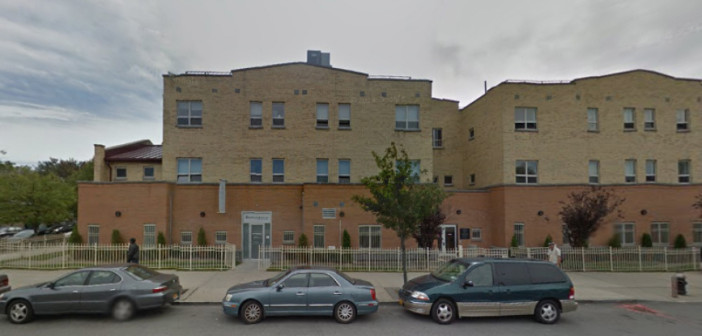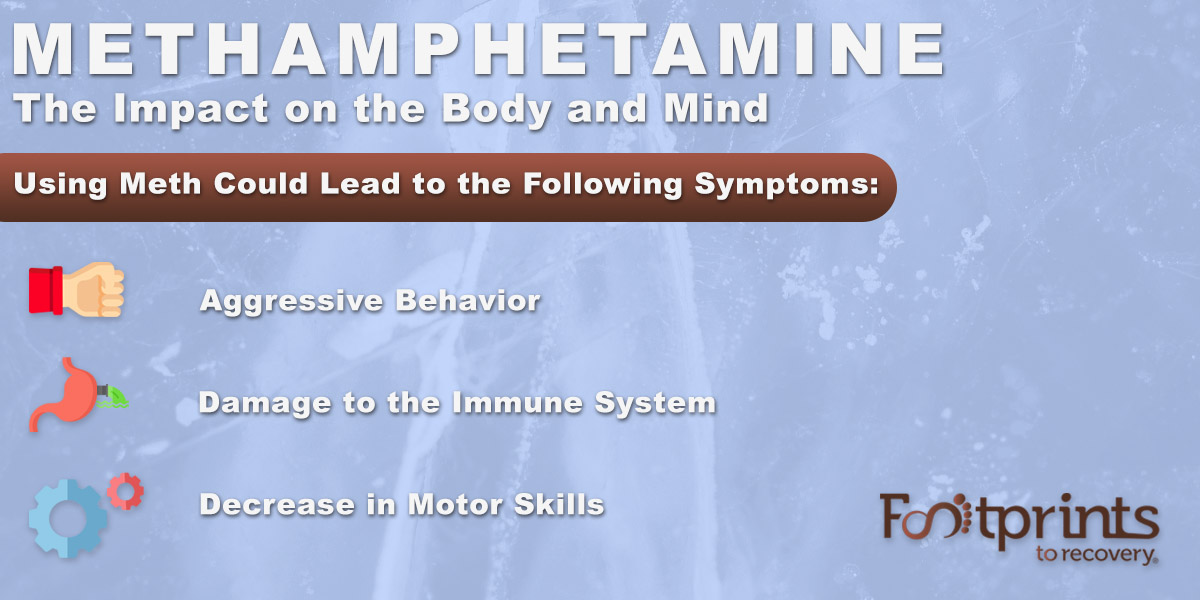Although there's no remedy for drug dependency, treatment choices described listed below can assist you conquer an addiction and stay drug-free. Your treatment depends on the drug utilized and any associated medical or psychological health disorders you might have. Long-lasting follow-up is important to avoid regression. Treatment programs normally offer: Individual, group or family therapy sessions A concentrate on comprehending the nature of addiction, becoming drug-free and preventing regression Levels of care and settings that differ depending upon your requirements, such as outpatient, residential and inpatient programs The objective of cleansing, also called "detox" or withdrawal therapy, is to enable you to stop taking the addictive drug as quickly and securely as possible.
Others may need admission to a healthcare facility or a residential treatment center. Withdrawal from various categories of drugs such as depressants, stimulants or opioids produces various side results and requires various approaches. Detox may include slowly minimizing the dosage of the drug or briefly substituting other substances, such as methadone, buprenorphine, or a combination of buprenorphine and naloxone.
Naloxone temporarily reverses the impacts of opioid drugs. While naloxone has actually been on the market for years, shipment systems such as Narcan (a naloxone nasal spray) and Evzio (a naloxone injection gadget) are now readily available, though they can be extremely expensive. Evzio is a little injection device that offers voice guidelines to assist the user and instantly place the needle into the thigh to deliver the naloxone injection.
As part of a drug treatment program, habits treatment a kind of psychiatric therapy can be done by a psychologist or psychiatrist, or you may get therapy from a licensed alcohol and drug therapist. Treatment and therapy might be finished with an individual, a household or a group. The therapist or counselor can: Assist you establish methods to handle your drug cravings Suggest strategies to avoid drugs and prevent relapse Offer ideas on how to handle a regression if it takes place Discuss issues concerning your job, legal problems, and relationships with family and pals Include relative to help them establish much better communication abilities and be supportive Address other mental health conditions Many, though not all, self-help support system use the 12-step model very first developed by Alcoholics Anonymous.
The self-help assistance group message is that addiction is a chronic disorder with a threat of relapse. Self-help support system can decrease the sense of pity and isolation that can lead to regression. Your therapist or licensed therapist can assist you locate a self-help support group. You might also find support system in your neighborhood or on the web.
Our How To Use Yale Food Addiction Chart In Treatment Diaries
Knowing brand-new coping abilities and knowing where to find help are vital. Taking these actions can help: Drug dependency is connected to a variety of problems that might be helped with therapy or therapy, consisting of other underlying psychological health concerns or marital relationship or family issues. Seeing a psychiatrist, psychologist or certified therapist might https://gordanll58.wixsite.com/eduardomqag290/post/the-ultimate-guide-to-which-substitute-drug-is-used-in-heroin-addiction-treatment-programs assist you restore your comfort and fix your relationships.
Look for immediate treatment from a certified psychological health expert if you have any signs or symptoms of psychological health problems. Support system, such as Narcotics Anonymous or Twelve step programs, can be really effective in managing dependency. Compassion, understanding and shared experiences can help you break your addiction and stay drug-free.

You can begin by discussing your compound use with your primary physician, or ask for a referral to a specialist in drug dependency, such as a certified alcohol and drug therapist, or a psychiatrist or Mental Health Doctor psychologist. Take a relative or friend along (examples of how the stigma srrounding addiction can impacts a clients treatment). Here's some info to assist you prepare for your visit.
To get a precise idea of which treatment might assist, be truthful with your physician or other psychological health specialist. that you're taking, and the does. Inform the doctor about any legal or controlled substances you're using. your doctor or psychological health expert. Some questions to ask your physician may consist of: What's the finest approach to my drug addiction? Should I see a psychiatrist or other psychological health professional? Will I need to go to the healthcare facility or hang out as an inpatient or outpatient at a recovery center? What are the options to the main method that you're suggesting? Exist any brochures or other printed material that I can have? What sites do you suggest? Do not think twice to ask other concerns during your appointment.
Be all set to answer them to reserve time to go over any points you want to focus on. Your doctor may ask: What drugs do you utilize? When did your substance abuse initially begin? How typically do you use drugs? When you take a drug, how much do you utilize? Do you ever feel that you Additional hints might have an issue with drugs? Have you attempted to give up on your own? What happened when you did? If you tried to give up, did you have withdrawal signs? Have any relative criticized your drug use? Are you ready to get the treatment needed for your drug dependency? Oct.
The Definitive Guide to What Opiod Can Be Both Treatment And Cause Addiction

Alcohol And Drugs Can Pirate Your BrainPeople with dependency lose control over their actions. They long for and look for drugs, alcohol, or other compounds no matter what the costeven at the threat of damaging friendships, injuring household, or losing tasks. What is it about dependency that makes people behave in such devastating ways? And why is it so hard to stop? NIH-funded scientists are working to learn more about the biology of dependency.
However even for those who have actually effectively quit, there's always a danger of the addiction returning, which is called relapse. The biological basis of addiction assists to explain why individuals need far more than good objectives or determination to break their addictions. "A typical misperception is that dependency is a choice or ethical issue, and all you have to do is stop (tn involuntary addiction treatment how to).
George Koob, director of NIH's National Institute on Alcohol Abuse and Alcoholism. "The brain actually alters with addiction, and it takes a bargain of work to get it back to its regular state. The more drugs or alcohol you have actually taken, the more disruptive it is to the brain." Scientists have actually discovered that much of addiction's power lies in its capability to hijack and even destroy essential brain areas that are meant to help us make it through.
It does this by switching on brain circuits that make you feel terrific, which then encourages you to duplicate those behaviors. On the other hand, when you remain in threat, a healthy brain pushes your body to react rapidly with fear or alarm, so you'll leave harm's method. If you're tempted by something questionablelike eating ice cream before dinner or purchasing things you can't affordthe front regions of your brain can assist you decide if the repercussions are worth the actions.
Drugs or alcohol can pirate the pleasure/reward circuits in your brain and hook you into wanting increasingly more. Dependency can likewise send your emotional danger-sensing circuits into overdrive, making you feel anxious and stressed out when you're not utilizing the drugs or alcohol. At this stage, individuals frequently use drugs or alcohol to keep from feeling bad rather than for their pleasant results.